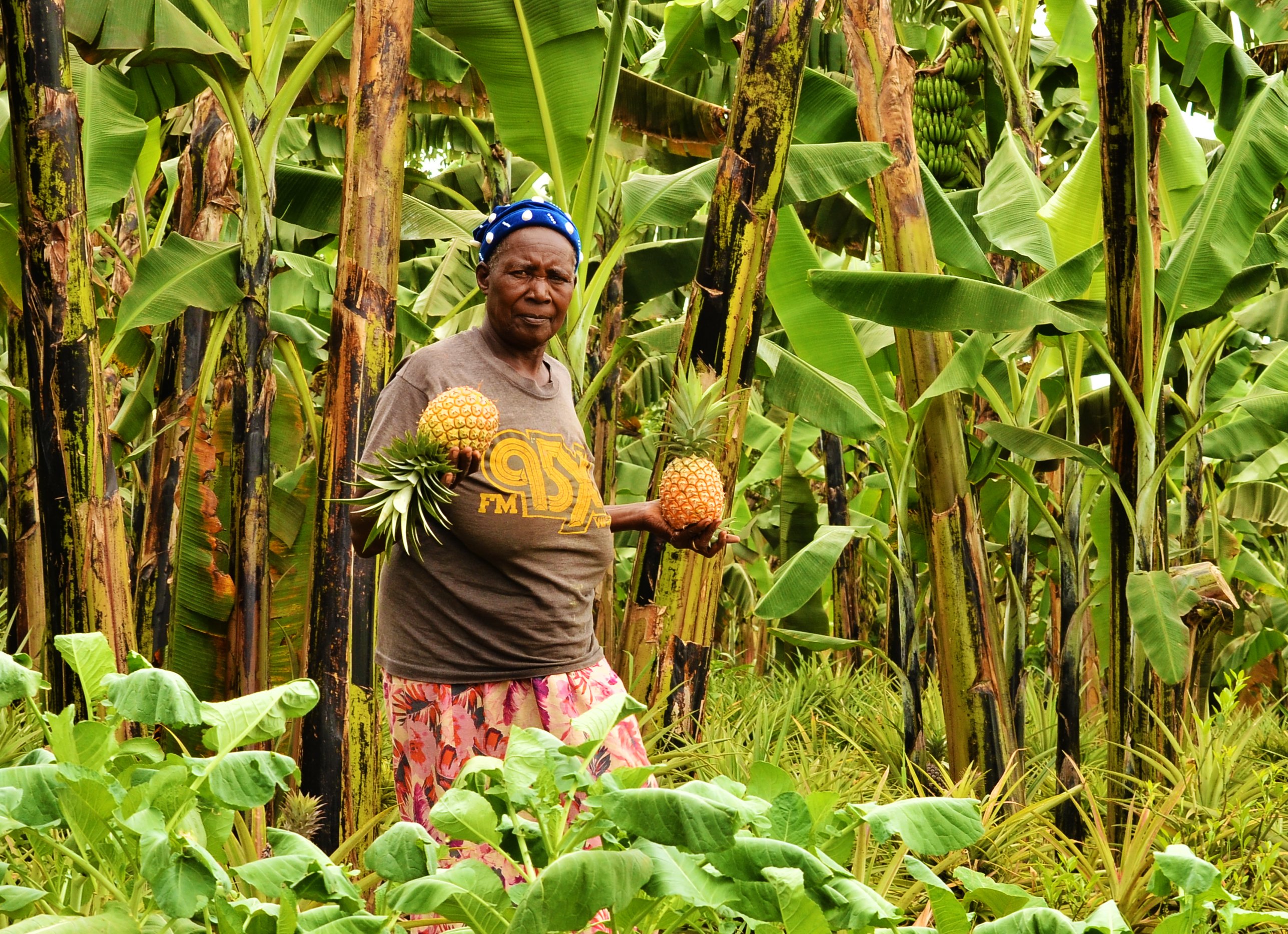Invest in climate-smart agriculture to combat malnutrition in Uganda

What you need to know:
- Incorporating climate-resilient crop varieties and sustainable water management techniques further strengthens the resilience of agricultural systems, enabling farmers to adapt to changing environmental conditions.
As the spectre of malnutrition looms large over the Bunyoro region, it is imperative to recognise the urgent need for innovative solutions that address both food insecurity and the adverse impacts of climate change.
Recent reports of escalating malnutrition rates serve as a stark reminder of the interconnectedness of environmental sustainability and human wellbeing. In this context, investing in climate-smart agriculture emerges as a promising strategy to not only enhance food security but also mitigate the root causes of malnutrition.
Bunyoro, like many other regions in sub-Saharan Africa, is facing a multifaceted challenge exacerbated by climate variability and environmental degradation.
Erratic weather patterns, prolonged droughts, and soil degradation pose significant threats to agricultural productivity, disrupting food systems and exacerbating malnutrition.
The consequences are dire, particularly for vulnerable populations such as children and pregnant women, who bear the brunt of nutritional deficiencies.
However, amidst these challenges lie opportunities for transformative change. Climate-smart agriculture offers a holistic approach that integrates sustainable land management, climate adaptation, and nutrition-sensitive practices to enhance agricultural productivity and resilience.
By harnessing nature-based solutions and indigenous knowledge, farmers in Bunyoro can mitigate the adverse impacts of climate change while simultaneously improving food security and nutrition outcomes.
One of the key pillars of climate-smart agriculture is agroforestry, which involves the strategic integration of trees and crops on farms.
Trees provide multiple benefits, including soil conservation, water retention, and biodiversity conservation, while also enhancing crop yields and nutritional diversity.
Incorporating climate-resilient crop varieties and sustainable water management techniques further strengthens the resilience of agricultural systems, enabling farmers to adapt to changing environmental conditions.
Moreover, climate-smart agriculture emphasises the importance of diversifying food production to ensure dietary diversity and nutritional adequacy.
By promoting the cultivation of nutrient-rich crops such as fruits, vegetables, and legumes, farmers can enhance the nutritional quality of their diets and reduce dependence on staple crops that are vulnerable to climate shocks. Integrated livestock and fish farming systems also contribute to food security by providing additional sources of protein and essential nutrients.
Furthermore, investing in climate-smart agriculture offers a pathway towards sustainable development and poverty reduction in Bunyoro. By enhancing agricultural productivity and income opportunities for smallholder farmers, it creates resilient livelihoods that withstand the impacts of climate change.
Empowering women and youth with access to resources, training, and market linkages is critical for fostering inclusive and equitable growth, ensuring that the benefits of agricultural transformation reach those most in need.
In light of the escalating malnutrition crisis in Bunyoro, the time to act is now. Governments, civil society organisations, and development partners must prioritise investments in climate-smart agriculture as a strategic intervention to address the root causes of malnutrition and build resilience in vulnerable communities.
By fostering synergy between agricultural development, environmental sustainability, and nutrition security, we can create a future where every child has access to nutritious food and the opportunity to thrive.
In conclusion, investing in climate-smart agriculture is not only a prudent response to the challenges of climate change but also a powerful tool for reducing malnutrition and improving livelihoods in Bunyoro.
By embracing innovative agricultural practices that enhance resilience, promote sustainability, and prioritise nutrition, we can create a more prosperous and equitable future for all. Let us seize this opportunity to sow the seeds of change and nourish the health and wellbeing of generations to come.
Shadia Nakazibwe, Programmes Assistant at Proven Foundation, [email protected]



